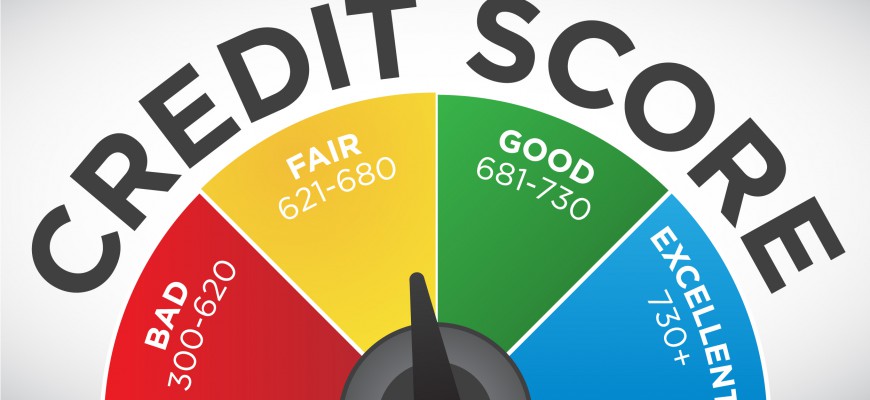Rising Up: Tips to Bring Your Credit Score Up Right Now
Your credit score is that important number that creditors will look at when considering whether you are creditworthy enough to receive a loan or make a purchase. The higher your score, the better off you’ll be when seeking out a new credit card, an auto loan or a mortgage. A good credit score will tell lenders that you are responsible, which will in turn result in more advantageous offers for you.
On the other hand, if your score is lower, creditors may be wary of granting you a loan. If they offer you one, the interest rates will likely be higher than they would be if your score were a few points higher, and if it’s too low, you may get turned down altogether.
It’s important to take a look at your score before applying for a loan. This will clue you in to how lenders might react to your request and you can better prepare yourself.
But what should you do if you find your score to be lower than you or your lender would like?
Check for Mistakes
Everyone makes mistakes, and that doesn’t exclude credit reporting agencies. The first thing you should do after checking your score is review all the information included in your credit report. If there are inaccuracies, call it in right away. One small error may only have a miniscule effect on your overall score, but it is still an incorrect assessment of your credit profile, The Christian Science Monitor contributor Angela Colley explained.
Past Due? Pay Now
If you know you’re currently late on a payment, don’t hesitate to take care of the issue. If you pay it before the creditor reports the discrepancy, it may not be recorded. But even if it is, it’s a good idea to take care of it quickly. The longer it goes unpaid, the bigger effect it can have. Because of this, if you have more than one past-due account, you’ll want to pay them off in order of most past-due, U.S. News & World Report explained.
“The longer a debt goes unpaid, the bigger effect it can have on your credit score.”
Ask For a Credit Increase
Your debt-to-credit ratio is a big factor in determining your credit score. Also called “amounts owed,” this ratio makes up 30 percent of your score. There are two ways to get a better debt-to-credit ratio. The first is to reduce your debt. The second is to raise your credit limit.
Call your credit card companies and ask for a higher credit limit. If granted, you’ll see this ratio improve instantly.
Pay Down Your Bad Debt
While all debt may feel like a burden, credit reporting agencies don’t view all loans in the same light. A mortgage or student loans that you pay on time every month can actually help your score. If you have these, you don’t necessarily need to rush to pay these down faster than you already are, if you’re on a good payment track.
However, personal loans and credit cards are viewed more as “bad” debt. This is even more true if you’re behind on payments, or if your credit limit is maxed out. Focus on paying these debts down as fast as possible. It may take some time, but working toward it is key. You’ll especially want to reduce your credit card debt to 30 percent of your credit limit, according to the Motley Fool.
Increasing your credit score can be difficult, and often it takes time. But when you’re applying for a now loan, it’s important to make an effort to get your score to be the best it can be. By making some small changes, you may be able to increase your score by enough points to qualify for a lower interest rate.






